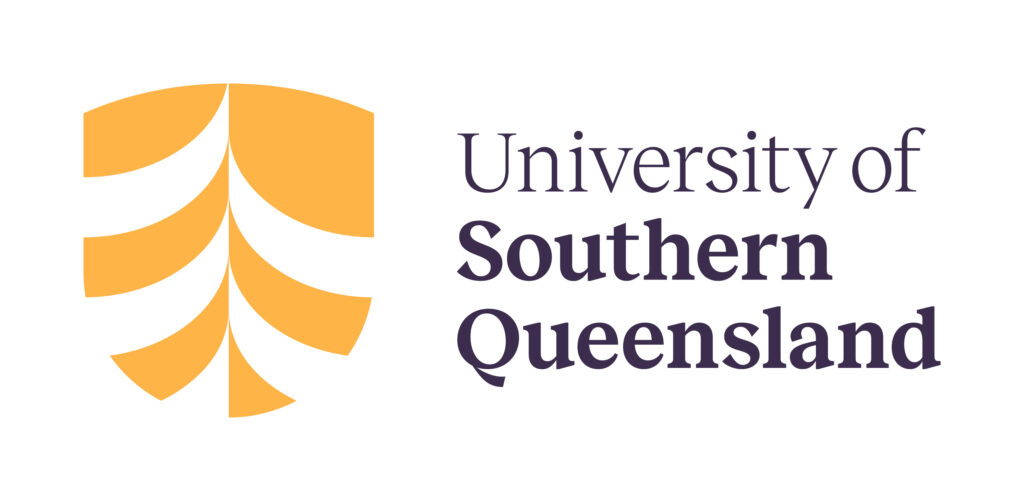Focus Groups are a commonly used engagement method across various industries and disciplines, often with different purposes and approaches. A focus group is not representative of a population, but it can provide rich qualitative data for the multiple purposes and is popular method in evaluations. A focus group is akin to a group interview and while more expensive in terms of cost and time over surveys they are cheaper than many other forms of engagement such as individual interviews. They will provide significant amounts of qualitative data in a short period and a high return on investment if the focus group/s are planned, organised, and facilitated to a high standard.
Focus groups are generally used to get sentiments and feedback on a topic, issue, person or product from a sample group of people. In an evaluation context, it is likely the focus groups will be semi-structured or unstructured with prepared open questions in a confidential environmental where all ideas are welcome. In-person focus groups work well and can incorporate interactive elements like flip charts, while online focus groups have also gained traction with some software offering asynchronous functionality, which not only improves accessibility but makes it convenient for participants. Online options can increase participation, particularly if funding is limited or incentives are not appropriate. Focus groups are usually made up of approximately six to twelve participants. Some non-traditional approaches can accommodate more participants.
The general steps for creating an effective focus group are planning, recruiting, moderating and analysing (Kruger and Casey, 2015). Participants are recruited with common characteristics, specific demographics, or randomly which can improve the relevance, depth, credibility, an overall effectiveness of the activity. The questions should be prepared and consistent if there are multiple groups. Depending on the context, experienced facilitators may only have an overarching question allowing themes and issues to emerge naturally from discussion between participants (Workplace Gender Equality Agency, n.d.). In-person groups and online live groups usually run for one to three hours often with a break. Asynchronous online groups will have questions posted with participants able to respond within an agreed timeframe. It is recommended to have two facilitators, the first person will ask the questions and facilitate discussion, moderate group dynamics and lead the process, while the second can assist individual needs, manage technology, provide notetaking and general support (Kruger and Casey, 2015). The intent of focus groups is self-disclosure, this requires active listening, ensuring people feel heard in a non-judgemental and comfortable environment (Krueger and Casey, 2000).
It often takes more than one focus group to get all the relevant information. You should know enough groups have been held when you are not hearing anything new, that is, reaching data saturation (Strauss and Corbin, 1998). The facilitators (or evaluators) following a focus group will have made observations, notes and may have physical written extracts in addition to an overall story or themes in their mind. It is important within a reasonable time after the focus groups to undertake a systematic, sequential and verifiable analysis that is aligned to the purpose (Krueger and Casey, 2000). The final step is creating a final report which may incorporate other evaluative activities and findings. Future blog posts will explore focus groups in more detail.
References
Strauss, A., & Corbin, J. (1998). Basics of qualitative research: Techniques and procedures for developing grounded theory (2nd ed.). Sage Publications, Inc.
Krueger, R. A., & Casey, M. A. (2000). Focus groups: a practical guide for applied research (3rd ed.). SAGE Publications, Inc.
Krueger, R. A., & Casey, M. A. (2015) Focus Group Research Methods – Notes. University of Minnesota. https://richardakrueger.com/focus-group-interviewing/
Workplace Gender Equality Agency. (n.d.) Conducting a focus group. Australian Government. https://www.wgea.gov.au/resources/guide-to-consulting/focus-group

